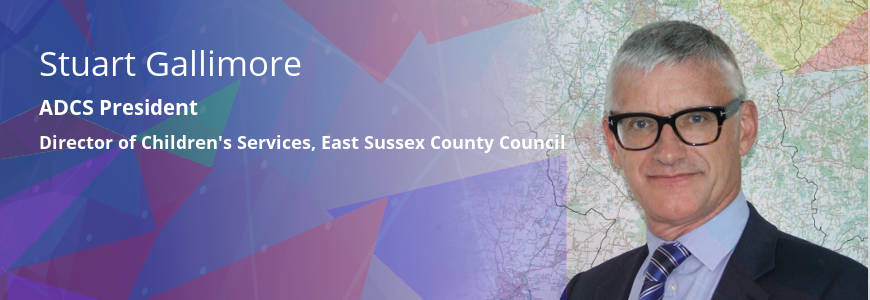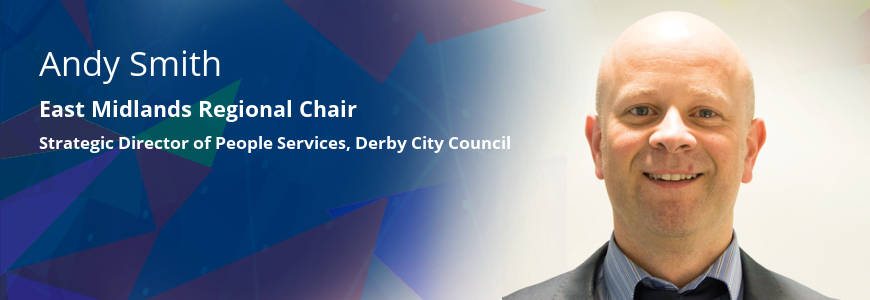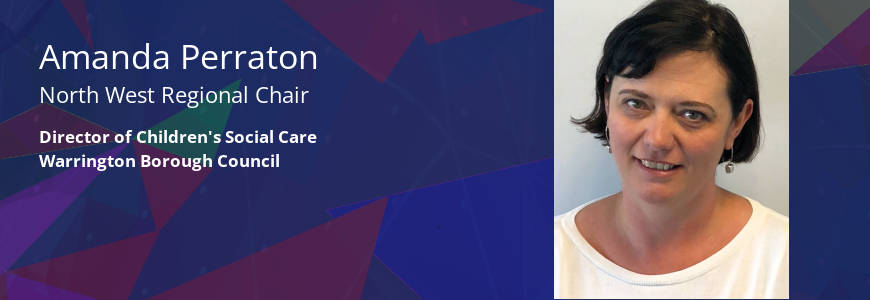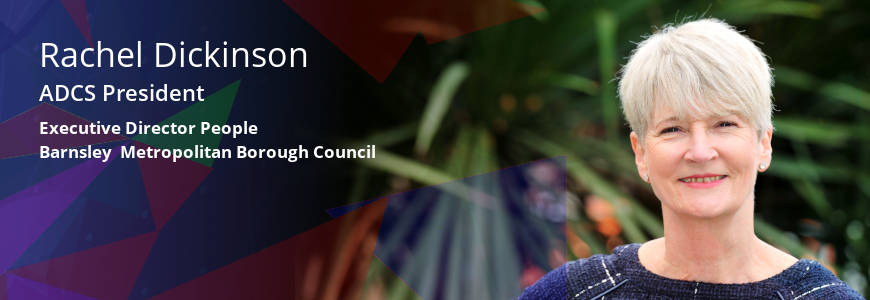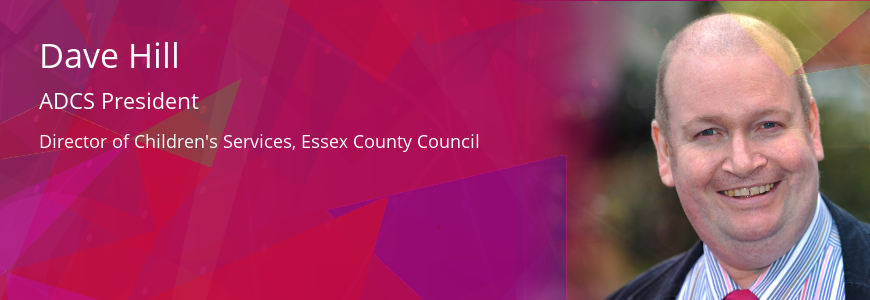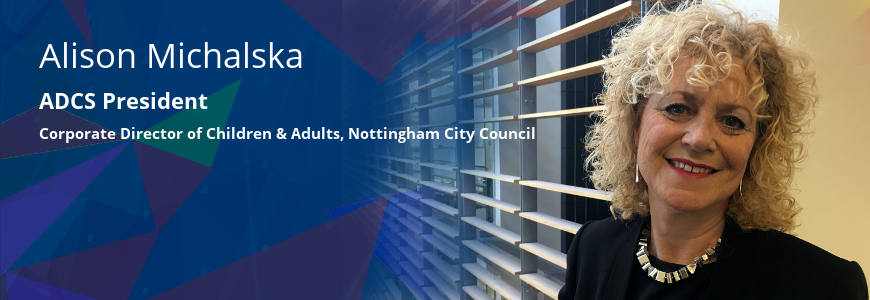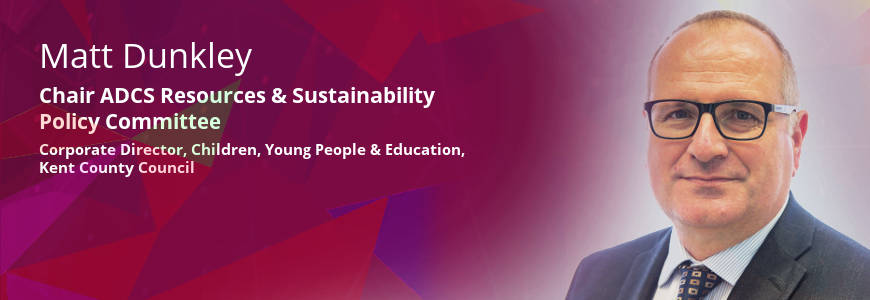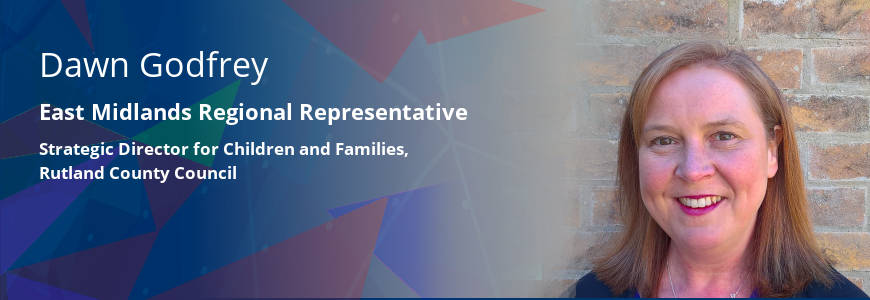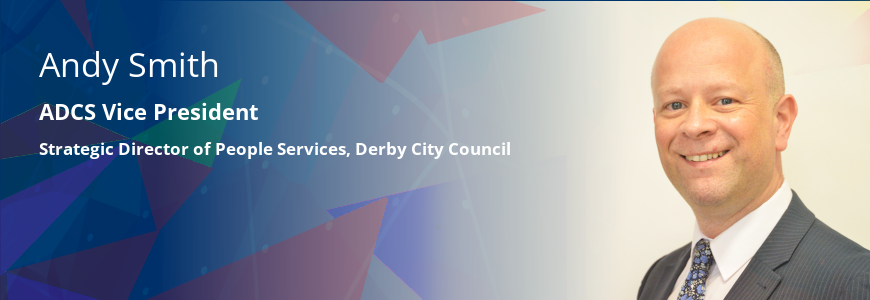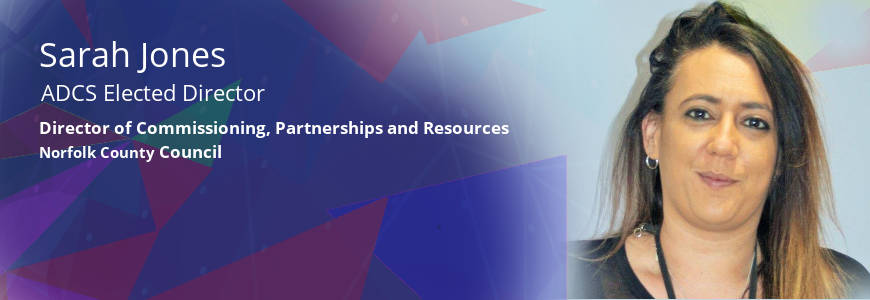How early does early intervention need to be?
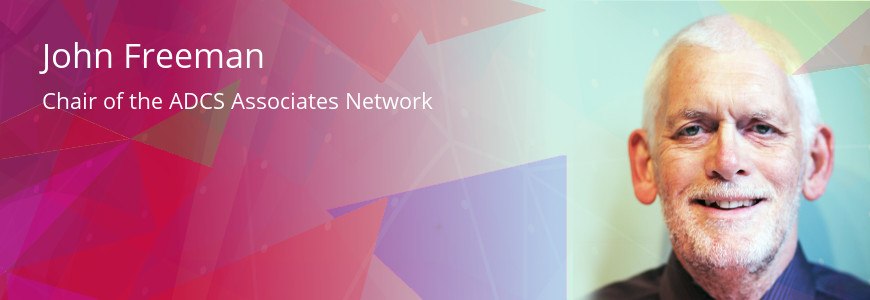
I’ve always been a bit of a data nerd, right back to when I did some work on the Birmingham University KDF9 mainframe back in the early 1970s, analysing the results of multiple choice tests for my PGCE dissertation. When I was the deputy director of education in Somerset we were doing some interesting early work on the underachievement of summer-born children (of whom I am one) and most recently, as Chair of the National Consortium of Examination Results (NCER), promoting the use of the National Pupil Database and SSDA903 Care Database to help virtual school heads work with schools to improve educational outcomes for children in care. The ADCS, NCER, NAVSH and the DfE Children Looked After Project will be in beta-testing in January and will go live in March. Watch this space!
I also have a personal and professional interest in negative early influences on children and young people’s longer term outcomes, that either parents or the state can do something about. So, with both these interests, I was fascinated to read the most recent outcomes of the Dunedin Longitudinal Study, which has studied over 1,000 babies born in New Zealand in 1972/73. The Study has considered education, health, employment, welfare, criminal justice, and, right from the start of the Study, parenting. The findings are stark, and provide clear evidence for several types of early intervention.
One of the tests undertaken was an assessment of brain health and early development at age three. The 1,000 children, now adults, have been followed up on a regular basis. Looking back, the Study has shown that the children scoring in the lowest quintile at age three accounted for 81% of criminal convictions, 78% of pharmaceutical prescriptions and 66% of welfare benefits by age 38. These are unambiguous and frightening statistics.
Since the criminal justice system (£8.5 billion), the health system (£97.5 billion) and the welfare system (£159 billion) together represent 38% of total UK government spending (2011/12 figures but the general picture has changed only in minor respects) any reduction in demand on these budgets will result in major savings that could be reinvested elsewhere.
There are two lessons here for local and national government. First, it is well worth identifying children at risk at an early age, and investing in their long-term development. We do that already, of course, and every child in need or child in care is very likely to be at risk. What the research shows is the incontrovertible financial and personal impact and costs of not acting early.
The second lesson is that the problems have already become evident by age three, so while intervention after that age is important, it is still working on remediation. So I would urge the researchers to identify the family factors that led to the problems identified at age three. All agencies, national and local, need to work with parents whose children are at risk of joining this 20% group and acting very early indeed – from pre-conception to age three – to encourage the sort of parenting that will avoid problems becoming evident in the first place.
Both of these strategies will have a long-term positive impact on children as they move through their life journey – both strategies will save the state huge sums of money – but both strategies will cost something at the start.
The evidence is clear. But government policy and practice are forcing reductions in these early interventions that will have a guaranteed longer term benefit. Children’s Centres are closing week by week.
Unless we invest now in parenting and early childhood we will – as night follows day - reap the costs later, financial, social and personal.
Related Blog Articles
‘We lay the foundations so they can soar’, said Anna, our retiring Virtual...
In Youth Justice & Secure Estate
We all know how important it is to be a good corporate parent and in Derby,...
In Care
I write this having recently been talking with my team about a very difficult...
In Care
Like most directors of children’s services (DCSs) I think I am pretty good at...
In General
Yesterday marked the beginning of this year’s National Care Leavers Week which...
In Care
I had a very productive meeting this week with Anne Longfield OBE. Anne is the...
In Care
I was in a fascinating conversation with a policy type this week, apparently we...
In General
Foster carers are at the heart of our care system and carry out an invaluable...
In Care
As I write this blog, we are in the final days of the various general election...
In General
There were two social workers, a nurse, and a magistrate sitting in a bar…....
In Leadership
The varying number of national and regional initiatives, pathfinders and pilots...
In Care
I’m writing this blog before I’m due to go on holiday and hoping the fiasco...
In General
I was, have been and am – loved. I am as sure as I can be that my parents...
In Care
It’s been three years since I wrote my first blog for ADCS, based on Wonder...
In Care
As we move into the festive season, by turn I feel overwhelmed and yet...

